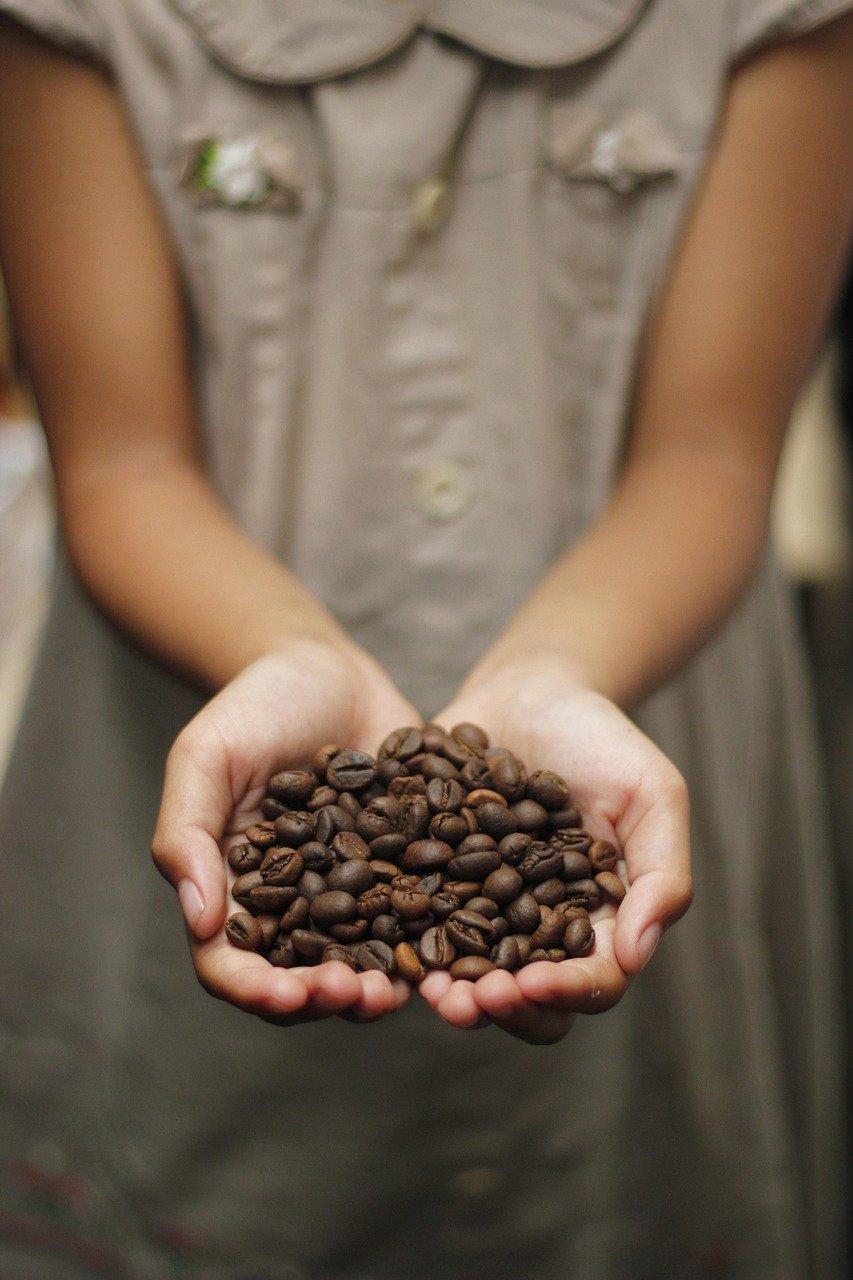The Rise of Specialty Coffee: Transforming Consumer Preferences

The Rise of Specialty Coffee: Transforming Consumer Preferences
The Evolution of Coffee Culture
Over the past two decades, the coffee culture has undergone a significant transformation, evolving from a simple morning beverage to an intricate part of contemporary lifestyle. Initially, coffee was often viewed merely as a source of caffeine, but as awareness and appreciation for quality ingredients have surged, so has the market for specialty coffee. This transformation is not just a trend; it is a fundamental shift in consumer preferences that has implications for the entire supply chain.
Defining Specialty Coffee
Specialty coffee refers to high-quality coffee beans that receive a rating of 80 points or above on a 100-point scale by a certified coffee taster, known as a Q grader. This category encompasses various aspects, including the growing conditions, processing methods, and the bean’s unique characteristics, such as flavor profile and aroma. The focus on transparency within the coffee supply chain has also paved the way for consumers to understand the origin of their coffee and the efforts made by farmers to cultivate premium beans.
Consumer Awareness and Education
A key driver behind the rise of specialty coffee is the growing education and awareness among consumers. The contemporary coffee drinker is increasingly informed, seeking knowledge about the bean’s origin, the farmers, and the brewing methods. This has led to the rise of various platforms that promote coffee education, including workshops, online courses, and social media channels like Instagram, where consumers share experiences, brewing tips, and coffee-related content.
The Influence of Third-Wave Coffee
Third-wave coffee, a term coined in the early 2000s, refers to a movement that treats coffee as an artisanal product rather than a commodity. This phenomenon has shifted consumer preferences toward cafes that emphasize craft, sourcing, and sustainability. Cafés now serve a curated selection of beans and focus on manual brewing techniques, creating an interactive experience for consumers. Methods such as pour-over, siphon brewing, and cold brew contribute to a rich consumer experience, highlighting the nuances of flavor and aroma, further deepening appreciation for high-quality coffee.
The Role of Sustainability
Sustainability has become a crucial factor in the decision-making process for the modern coffee consumer. As awareness of social and environmental issues has grown, coffee drinkers increasingly lean towards brands that not only prioritize high-quality beans but also commit to sustainable farming practices and fair trade principles. Specialty coffee brands are responding by establishing direct trade relationships with farmers and utilizing environmentally friendly sourcing and production methods, thereby gaining consumer trust and loyalty.
Specialty Coffee Shops: The New Social Hub
The emergence of specialty coffee shops has transformed local social dynamics, offering more than just beverages; they are rapidly becoming community hubs. These establishments often emphasize a unique atmosphere, providing consumers with visually appealing settings, educational events, and engaging experiences. Many put a premium on design aesthetics, creating coffee spaces that encourage gatherings, meetings, and relaxation. The rise of coworking spaces with in-house specialty coffee offerings also reflects this trend, blurring the lines between work and leisure.
The Impact of Technology
Technological advancements have also played a significant role in shaping specialty coffee preferences. From precision brewing machines to smartphones equipped with brewing apps, technology has made it easier for consumers to craft their ideal cup at home, leading to increased experimentation and personalization. Notably, the emergence of subscription services has allowed consumers to access a diverse range of specialty coffees, promoting exploration beyond mainstream selections.
Demographic Shifts
Millennials and Generation Z are primary demographic groups driving the specialty coffee trend. With their inherent affinity for experiences over material goods, these generations prioritize high-quality products that elevate their lifestyle. They are more likely to seek unique coffee experiences, support local businesses, and invest in ethically sourced beans. Furthermore, these consumers often share their coffee journeys on social media, creating widespread visibility and fostering a community around specialty coffee.
The Challenge of Competition
Despite the growing popularity of specialty coffee, this rise has not come without challenges. The market has seen an influx of new entrants, leading to heightened competition among cafes and brands. This saturation makes it essential for businesses to distinguish themselves through unique offerings, customer engagement strategies, and exceptional service. Brands that manage to highlight their distinctiveness while maintaining a commitment to quality will likely sustain their place in this fast-evolving market.
Future Trends in Specialty Coffee
The future of specialty coffee looks promising, marked by trends that suggest continued growth in consumer preferences. Innovation in brewing equipment, advancements in coffee science, and expanding global markets for specialty beans will prominently influence the landscape. Additionally, the intersection of coffee culture with health and wellness could lead to an increase in functional coffees that offer added health benefits. As such, specialty coffee is not only about taste but also about holistic lifestyle choices.
Conclusion
The rise of specialty coffee signifies a transformative shift in consumer preferences, as quality, sustainability, and unique experiences come to the forefront. The combination of education, demographic shifts, and technological advancements paints a picture of a thriving market poised for further growth. As consumers continue to seek out unique flavors and artisanal experiences, the specialty coffee sector is set to expand, further solidifying its place in modern culture.









